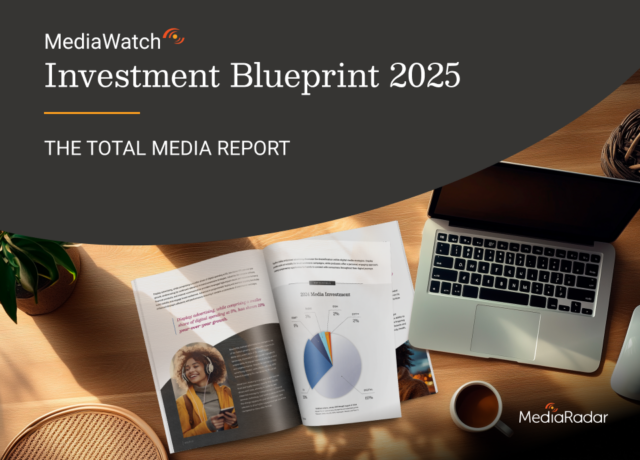At the beginning of 2020, awareness of consumer privacy was gaining traction. But then the pandemic happened—making the matter more complicated.
The pandemic forced everybody to go online for basically everything, and essentially have no choice in how their data was being collected. Parents were forced to use Google Classroom or Zoom, quarantined individuals had to order groceries online from Amazon or Walmart, and connecting with loved ones took place via social media platforms.
Layering in the tense transition of political power, false information online, and multiple court appearances from tech leaders, the role of Big Tech in our lives became more obviously complicated.
We need it, but we don’t trust it.
What is the current state of data protection rights and what do leaders expect to happen in 2021?
We encourage you to subscribe to our blog for the latest data surrounding the advertising industry. We will provide daily updates as COVID-19 continues to make its mark on the US economy.

California Leads The Way On Consumer Privacy
Currently there is no federal law protecting consumer privacy in the US, but California has now approved two pieces of legislation shaped after the GDPR.
The California Consumer Privacy Act (CCPA) went into effect last January. This initial piece of legislation allowed California consumers to opt-out of data collection. Though this was a good start for protecting consumers, it wasn’t as comprehensive as advocates wanted.
Fast-forward to the November 2020 elections: Californian voters passed Proposition 24, which “allows consumers to prevent businesses from sharing personal information, correct inaccurate personal information and limit businesses’ use of sensitive personal information including precise geolocation, race, ethnicity and health information.”
The new law, referred to as the California Privacy Rights Act (CPRA), strengthens the original CCPA.
Instead of placing the responsibility on consumers to opt-out, businesses are now held more responsible by minimizing data collection and protecting data security. Businesses will also be held more accountable to regulators with more required risk and cybersecurity audits.
Many leaders believe that this new legislation will set the tone for other states and federal legislators. However, in the meantime, it will already cover a significant portion of Americans.
Businesses Already Apply CA Privacy Regulations to All Consumers
1 out of every 8 Americans lives in California—meaning that it makes sense for companies to cover their bases and offer the opt-out options to all Americans.
According to The Interactive Advertising Bureau’s “CCPA Benchmark Survey” from November, 60% of its responding member organizations already respect consumers’ data rights according to the CCPA, regardless of their state of residence.
Though many businesses still have yet to comply, it’s only a matter of time before they do. Especially because leaders of the FTC and FCC are in favor of passing federal laws.
Federal and Tech Leaders Are Both In Support of Consistent Policies
If congress were to propose a federal privacy law, they would most likely have strong support from the regulatory commissions.
“The threats to consumer privacy are growing. They impact our most vulnerable citizens more than most, and they demand new solutions,” said Rebecca Kelly Slaughter as acting chairwoman of the Federal Trade Commission. “My hope is that the ‘near future’ brings renewed action on this front across the board, from the FTC, Congress, advocates and industry, and I feel both humbled and privileged to get to take part in this effort.”
Though it’d seem like tech leaders would be opposed to more regulation, it’s more nuanced than that. In fact, many tech leaders also feel hopeful that a federal privacy law is passed.
“There are more than 100 national data privacy laws in the world,” said Anne Toth, director of Amazon’s Alexa Trust. “We’re dealing with a forever patchwork quilt but we’re trying to minimize the differences.”
Federal guidelines would help tech leaders develop policies and practices that please regulators and consumers—reducing friction across the board.
“I think the stars are better aligned than ever in the past,” Keith Enright, Google’s chief data privacy office said at CES. It seems that now is the time where political leaders are ready to make clear established guidelines so tech companies and individuals know “what the rules of the road are.”
More Regulation Will Likely Come When Trust Is Demanded
The advancement of technology is not slowing down. With contact tracing apps and new health products like Amazon’s Halo, many products are already testing the limits of personal privacy.
These products can be incredibly helpful and consumers will surely put them to use—but they need to be trusted first. With the demand for confidence higher than ever, a consistent federal data privacy law that models the GDPR may be on its way soon.
This will surely affect advertisers, publishers, and how the ad tech ecosystem functions. We will follow along and identify significant changes that impact buying trends.
For more updates like this, stay tuned. Subscribe to our blog for more updates on coronavirus and its mark on the economy.



